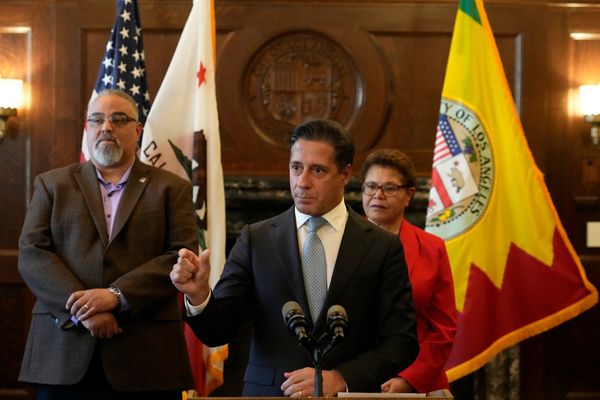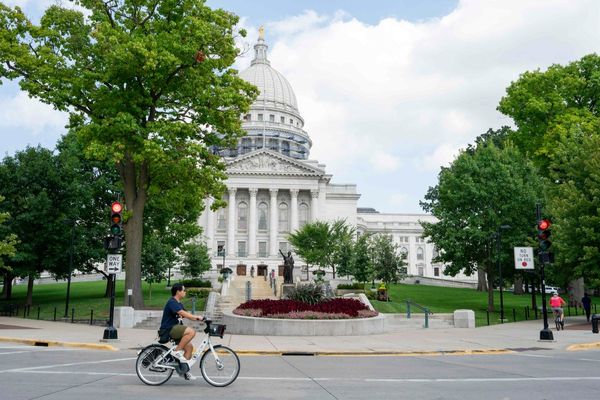AIADMK’s general secretary Edappadi K. Palaniswami on Saturday asked the DMK to explain why it had “not been urging” its ally, Congress, the ruling party in Karnataka, to release Cauvery water as stipulated in the Supreme Court’s judgment of 2018.
In a statement, he pointed out that the DMK had been having an alliance with the Congress since 2004 and it had taken part in recent conclaves of the Opposition in Patna and Bengaluru.
He accused Chief Minister M.K.Stalin of commencing the water release from the Mettur dam on June 12 without collecting data from the Meteorological department and only on the basis of the dam having the water level of over 110 ft. [Actually, on June 12, the water level stood at 103.35 ft]. During the Kuruvai cultivation season, the water requirement for an extent of 5.25 lakh acres was 125 thousand million cubic feet (TMC), of which Mettur would provide 99.74 TMC and groundwater, the rest. The release would commence from 3,000 cubic feet per second (cusecs) and it would gradually be stepped up to 18,000 cusecs. But, this month, only a portion of 10,000 cusecs was issued, leading to the adverse impact on the crop, Mr Palaniswami contended.
As regards Samba, the water requirement would be 320 TMC for 16.5 lakh acres. Of the required quantity, the dam would supply 263 TMC while rainfalls during the northeast monsoon and groundwater would cover the balance. “So far, the DMK government has not opened its mouth as to what farmers should do for raising Samba when there is shortage of water for Kuruvai. Mr Palaniswami recalled how he, as Chief Minister in 2017, sanctioned packages for the crops of the two seasons. He demanded that relief be provided to farmers and agricultural workers who were hit for having sought to raise Kuruvai this year.
In a message on his social media account, AMMK general secretary T.T.V. Dhinakaran expressed condolences over the death of nine persons in a fire on a stationary coach at the Madurai railway station. He wanted the Railway authorities to intensify safety measures on trains.







